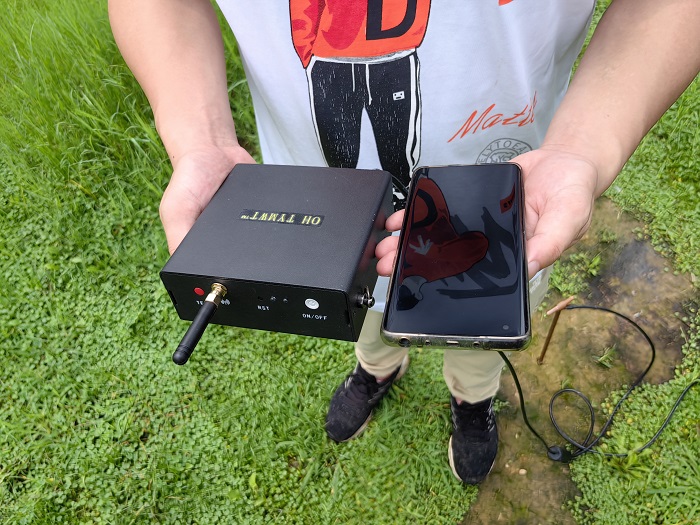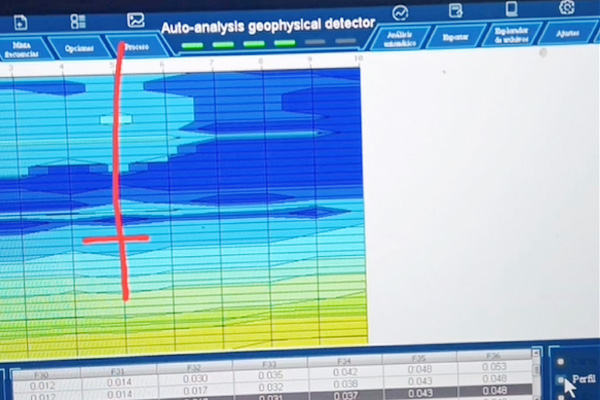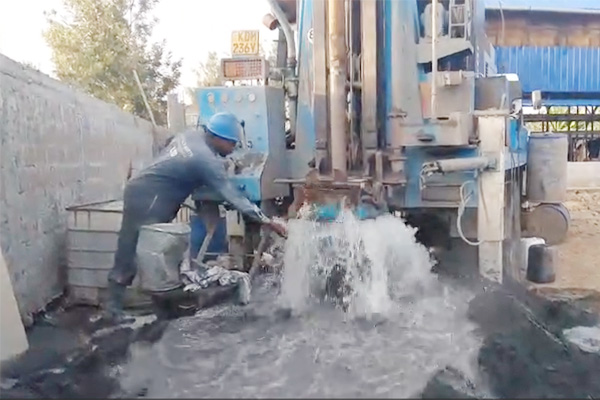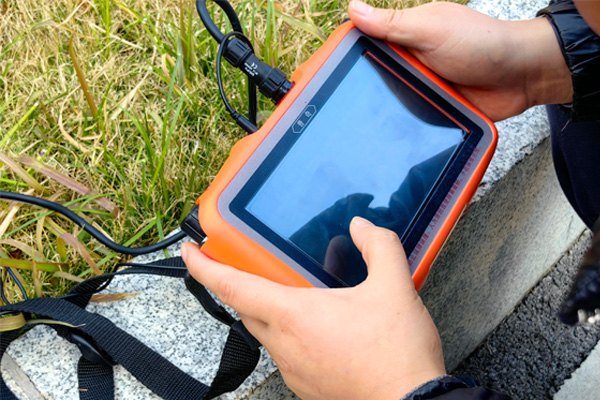Nowadays, when water resources are getting more and more strained, searching for new groundwater sources has become the key to ensure sustainable development. ground water detector, as an advanced technological tool, can not only help us to understand the distribution and status of groundwater resources more accurately, but also play a role in many fields such as geological exploration, mineral resources development and environmental protection. In this paper, we will discuss the working principle, application scenarios and future prospects of ground water detector.

A. Working principle of ground water detector
Ground water detector mainly relies on the principle of electrical method of physical exploration, i.e., detecting ground water by recognizing the difference in resistivity of different substances. Specifically, such instruments can be divided into two main categories: one is based on artificially generated electromagnetic or acoustic signals, and the other utilizes variations in the natural electric field.
- Artificial Signal Detection: A transmitter emits electromagnetic or acoustic signals of a specific frequency into the ground, and these signals are refracted, reflected or absorbed during their propagation through the ground due to the presence of groundwater. The receiver captures these changed signals and analyzes the data to determine the location, depth and water content of the groundwater.
- Natural electric field detection: ground water detector utilizes the changing characteristics of the natural electric field, especially the effect of underground water bodies on the electric field. When aquifers are present in the subsurface, these aquifers change the distribution of the electric field at the earth's surface. By measuring this change, the instrument can infer the location and characteristics of groundwater.
B. Application Scenarios of Ground Water Detector
- Water resources management: In water resources planning and management, ground water detector can be used to evaluate the stock of groundwater resources and provide the basis for rational allocation of water resources.
- Geological survey: In geological survey, these instruments can help to determine the structure and properties of rocks, so as to guide the development of mineral resources.
- Environmental protection: In environmental pollution monitoring, ground water detector can be used to monitor the degree and scope of groundwater pollution, providing technical support for environmental protection.
- Disaster prevention: in the prediction of geological disasters such as earthquakes and landslides, these instruments can be used to monitor changes in underground stress, which helps to provide early warning.
C. Future Development Trends
With the advancement of technology, the functions of ground water detector will be more diversified and the ability of data processing and analysis will be more powerful. Future detectors may integrate more sensors to improve detection accuracy and efficiency; meanwhile, the application of artificial intelligence and big data analysis technology will further enhance the accuracy of detection results.
As a key technology, ground water detector is crucial to guarantee the sustainable utilization of water resources. Through continuous technological innovation and improvement, ground water detector will play a greater role in the future water resources management, helping us to better understand and utilize the valuable groundwater resources.








